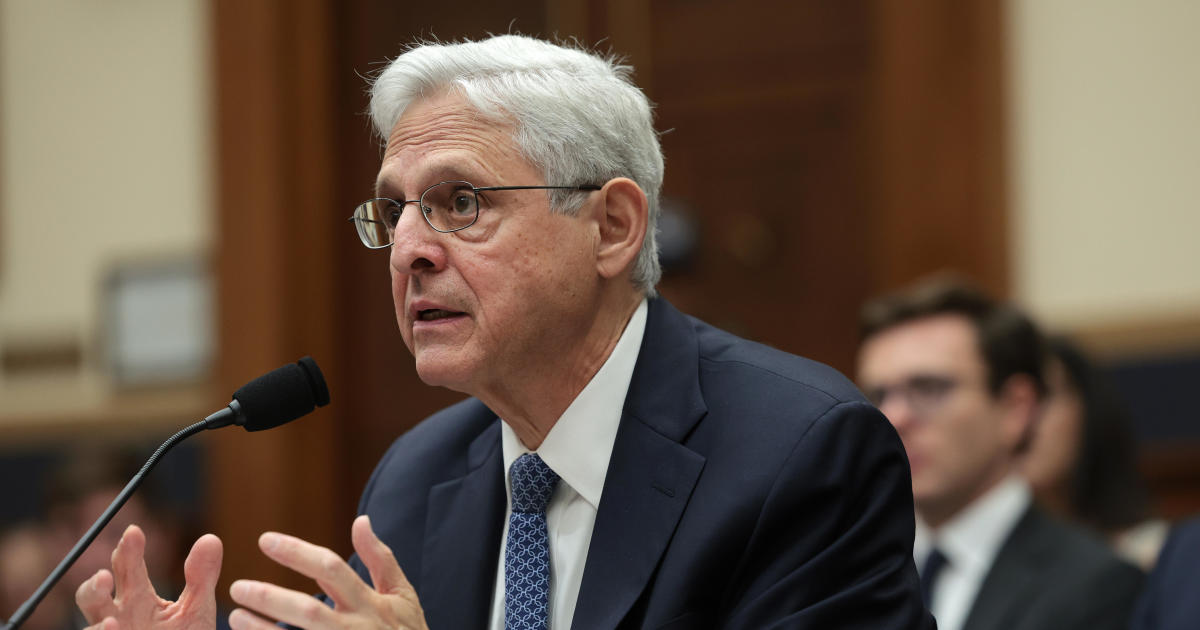The House Judiciary Committee and the House Oversight Committee, both led by Republicans, voted to advance resolutions holding Attorney General Merrick Garland in contempt of Congress for not providing audio recordings from the classified documents case against President Biden. The Justice Department stated that President Biden was asserting executive privilege over the recordings, leading to a dispute with Congress. The House Judiciary Committee voted 18-15 to advance the proceedings over the recordings of former special counsel Robert Hur’s interview with President Biden from October 2023. The House Oversight Committee also voted 24-20 to advance the effort, but the hearing was marred by chaos when Georgia GOP Rep. Marjorie Taylor Greene insulted Texas Rep. Jasmine Crockett’s appearance.
Hur concluded his yearlong investigation months ago, releasing a report in February that vindicated President Biden but included critical conclusions. The committees subpoenaed the Justice Department for the audio recording and other materials from the probe. The Justice Department revealed that President Biden asserted executive privilege over the recordings of Hur’s interviews, recommending to avoid conflict. They argued that the recordings were necessary for the investigation into President Biden’s handling of classified documents, while the White House claimed they had already released transcripts and waived privilege.
The reports from the committees detailed how they subpoenaed the audio recordings to determine grounds for drafting articles of impeachment against President Biden. They argued that the recordings were of superior evidentiary value compared to transcripts. Garland, in a letter to President Biden, requested an assertion of executive privilege over the recordings to protect future law enforcement investigations and witnesses’ cooperation. The White House Counsel’s Office argued that the Republican committee leaders would distort the recordings for political gain.
The resolutions advanced out of the committees could lead to holding Garland in contempt of Congress, which would be unlikely to result in criminal charges. The Hur report outlined President Biden’s handling of classified documents that posed national security risks but did not recommend criminal charges. Hur testified before the House Judiciary Committee in March, facing criticism from both sides. Republicans argued for charges against President Biden, while Democrats criticized Hur’s characterization of the president’s memory. The issue of the audio recordings has become a major escalation in the dispute between Congress and the Justice Department.
If the GOP-controlled chamber votes to hold Garland in contempt, he would join a short list of Cabinet members who faced the same fate in the past. The back and forth between Congress and the Justice Department over the recordings adds a new dynamic to the ongoing dispute. The resolution advancing out of the committees aims to address the issue of non-compliance with subpoenas and the assertion of executive privilege by President Biden. The situation highlights the tensions between the executive and legislative branches of the government.









